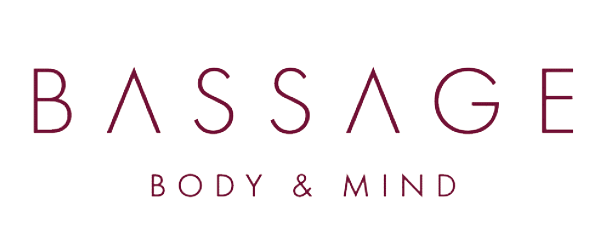
Massage counteracts stress, anxiety and depression.
Work is an essential part of the life of any individual. However, most people spend more time at work than at home, with their families, or enjoying their hobbies. As a result, the importance of finding a balance between personal and professional life is skyrocketing. Therefore, it is essential to understand what the quality of life at work is and how to improve the level of satisfaction.
Today, many people choose to lie down on the massage table and enjoy a moment of massage after or before work. And luckily, it is because the massage is an effective way to stress down and soften a stiff body.
Research shows that massage has a range of positive health effects, from reducing stress and increasing the ability to concentrate on strengthening the immune system and preventing injuries. In addition, a massage is an effective form of wellness that can reduce sick leave, increase commitment and productivity.
Perhaps the most significant health problem in today’s is stress and mental illness due to work. Most long-term sick leave is due to this type of situation, and once a person has become ill due to stress. Stress weakens the immune system, and prolonged stress can lead to diabetes and cardiovascular disease.
Everyone who has tried it probably knows that a massage is very relaxing, but it is more than just a nice feeling. The professional touch that a masseur gives has a de-stressing effect on the processes in the body. According to a research report, classical massage lowers the stress hormone cortisol levels by an average of 31 per cent. Simultaneously, the massage stimulates the production of the body’s feel-good hormones serotonin and dopamine, which in the study increased on average by 28 and 31 per cent, respectively. The hormone oxytocin is also released during a massage, and oxytocin lowers blood pressure and stress levels, improve mood and has a health-promoting effect on the body. Massage can be a way to counteract costly sick leave.
Research has also shown that massage affects anxiety and depression. In a study at the Mood and Anxiety Disorders Program at Emory University, the symptoms of those who suffered from stress when they received regular massage decreased. Other studies on people suffering from depression have shown that the uneven EEG activity in the person’s brain in question is the balance after a massage treatment. Massage can thus be used to both prevent and treat stress and mental illness after or before work.
Benefits of massage:
Massages are one of the oldest therapeutic tools, which over time have been modified to provide more and more benefits, generating effects on a physical level and an emotional level.
With the massage, we reduce the stress that causes so much damage in us, and we eliminate muscular tensions that are so frequent in teaching, etc. The power of touch to keep the body and spirit in shape has been known since time immemorial. Massage plays a vital role in homeostasis, the body’s ability to maintain certain physiological conditions constant, particularly those of the immune system. Accumulating tension weakens the body. The massage dissolves them and facilitates mental relaxation. In short, massage after or before work has many benefits that can improve our daily life.
Carrying out this practise, we usually get:
- Activate blood and lymphatic circulation.
- Relax the muscles and nerves, producing psychosomatic rest.
- Stimulate the nervous system in general, reflecting on the internal organs, joints and muscles innervated by them.
- Achieve an anaesthetising and soothing effect on stress points.
- Activate the secretion of some hormones, such as well-being hormones (endorphins and serotonin). Also, it reduces the secretion of others that produce stress, such as adrenaline.
- Increase and facilitate good digestion.
- Normalise metabolism.
- Eliminate toxins.
- Activate muscle function.
- Benefit glandular secretion.
- Increase red and white blood cells.
- Combat physical and mental fatigue, increasing productivity. Like insomnia it is strongly linked to this disease.
- Fight, also the lack of self-esteem and confidence.
The massages have a favourable impact on the human being’s emotions because reducing muscular tensions improves mood. Therefore, massage is usually indicated for cases of anxiety and nervous agitation.
Besides, the energy contribution of contact improves confidence in oneself and others, helping recover from severe disorders.
Other benefits of relaxing massage:
One of the benefits of a relaxing massage is removing dead skin cells, making it easier for the body to release waste products from metabolic products.
The technique is applied to the entire body, emphasising the back and the lower part of the neck, because, in this area, the signs of worries, fears, and restlessness are concentrated.
Conclusion:
Since ancient times, massage has been used as a healing element, healer of the body and soul. Massage relieves physical discomforts and emotional blocks. Its practice improves the quality of life of people. Therefore, it is recognised as a form of therapy.
If you feel stiff or have pain in the back, neck, and shoulders, feel stressed, or want a quiet moment at work, massage works well. A relaxing massage once a month is one of the recommendations to reduce work stress. According to the World Labour Organization, high levels of pressure at work contribute to deteriorating health, including mental and behavioural disorders such as exhaustion, burnout, burnout, anxiety and depression, according to the World Labor Organization.
Your masseur can adapt your treatment to your specific needs on the day. You do not have to be in pain to get your treatment.
